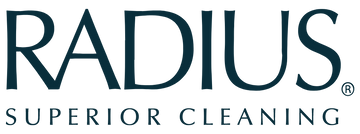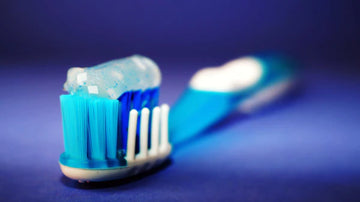
Plastic pollution is still one of the most pressing environmental issues today. It’s a major concern for our oceans, wildlife, and the planet in general.
Every year, around 8 million tons of plastic waste escapes into the oceans. Studies have revealed that 100,000 marine mammals and turtles, and one million seabirds are killed by marine plastic pollution annually.
Aside from plastic bottles, cups, and food wrappers, toothbrushes are one of the biggest contributors to this environmental crisis. Most toothbrushes available in the market are made from plastics. Approximately one billion plastic toothbrushes, equivalent to 50 million pounds of plastic waste, are used and thrown away each year in the United States alone.
This is why a lot of environmental groups and eco-activist are encouraging consumers to practice sustainability and reduce dental waste by supporting businesses that prioritize compostability.
BETTER ALTERNATIVES: SUSTAINABLE TOOTHBRUSHES
Established companies and even startups are starting to produce alternatives to the usual plastic toothbrushes. There are variants that are made from bamboo, biodegradable bristles, and plant-based materials.
At RADIUS, we are committed to ensuring that our products are rooted in sustainable decisions that will help reduce our carbon footprint. We use bioplastics, a bio-based kind of plastic made from plants and other renewable biomass sources (like vegetable oils and timber), agricultural byproducts, or even recycled plastic.
Bioplastics are also known as renewable and sustainable alternatives to oil-based plastics. According to a study conducted by the Research Center for Strategic Science and Technology Issues, Institute of Scientific and Technical Information of China, Beijing:
Bioplastics can provide excellent biodegradability, helping the world deal with the increasing problems of litter, particularly in the world’s rivers and seas.
We use cellulose sourced from renewable timber and vegetable-based nylon bristles for the RADIUS Big Brush and the Flex Brush. The Source Brush, on the other hand, utilizes renewable, petroleum-free, biomass materials composed of recycled wood, paper, used dollar bills, hemp, coconut shell, and starch. It also allows consumers to replace worn brush heads with a new one without having to replace the entire brush.
The Kids Brush, Totz, Totz Plus, and Pure Brush children’s toothbrushes, designed for your little ones, are also made from virgin polypropylene and free from all harmful materials such as latex, phthalate and hazardous BPA.
ROAD TO SUSTAINABILITY
Product packaging is also part of this huge plastic crisis. The United States Environmental Protection Agency (EPA) says that product containers and packaging make up a major portion of municipal solid waste (MSW), amounting to 80.1 million tons of generation in 2017 (29.9 percent of total generation).This problem has led manufacturers to create new eco-friendly alternatives that are made from paper, bioplastics, cardboard, and fabrics.
That’s why RADIUS continues to find more sustainable packaging solutions. In 2005, we started researching lighter packaging options and the potential of plant-based plastics to reduce our carbon footprint and environmental impact. We also switched to a mock clamshell with a clear plastic front and a card section that are made from recycled materials.
Currently, our slim-line packaging is composed of biodegradable cards and recycled PET. But as we evolve, our sustainable practices evolve, too. We’re continuously looking for partners that will be able to provide us recycled materials and that will support our advocacy in offering safe and environmental-friendly products to the consumers.

